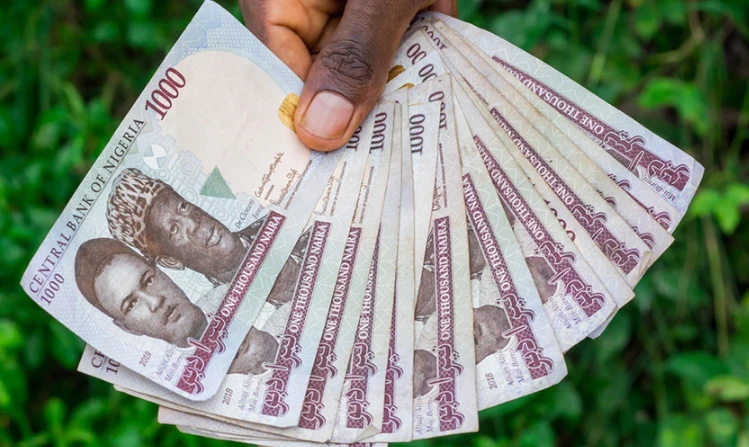As the time draws closer to the distribution of the redesigned Nigerian currency, people – most of whom do not even have bank accounts and deal only in cash – are buying commodities and putting them aside just to get rid of their old notes and to sell when the new notes become available.
The Central Bank of Nigeria (CBN) announced in October plans to redesign and distribute the new currency. The new ₦200, ₦500 and ₦1,000 bank notes will replace the existing ones.
Godwin Emefiele, the governor of the CBN, said the redesign had been approved by President Muhammadu Buhari and that the new notes would begin being distributed by December 15, adding that the notes would be available for withdrawal by the public from commercial banks.
The old notes can be used for transactions until January 31, after which only the new notes will be legally recognised and used for transactions.
When the announcement was made, the CBN said redesigning the notes would reduce counterfeiting, encourage a cashless economy and stave off cash hoarding. Emefiele said the aim was to bring more people into the financial sector. He suggested the new currency might even reduce incidences of kidnapping because there would be no notes in circulation.
But not everyone in Nigeria is happy about the new currency. Many traders were buying commodities now to keep for later.
Traders in Damboa told RNI reporter Alkali Mustapha that there was not even a bank in the local government area and many other areas also did not have banks. They said they always used cash for transactions.
Kaumi Alhaji Bukar, a marketer, said: “The redesign has the advantage in terms of identifying fake naira notes and it will make it easier to trace fake money which will disappear from circulation when the new the new currencies come into the system.
“The disadvantage right now is that we do not have a bank here in Damboa. Other local government areas also do not have banks. So, it is going to be exceedingly difficult to do transactions.
“Taking the old money to the capital [of Borno State, Maiduguri] will be risky because there are often armed robbers on the road who know that we traders will be carrying cash to take to the banks. We will not be safe.”
He said many traders and ordinary citizens were buying commodities and hoarding them until the new money was in circulation. They were afraid of losing their old notes which would soon become useless.
“Here in Damboa, most people use cash or mobile transfers when buying items. We are not sure how the new currency will affect us and whether we will still be able to do that when transacting.
“Some people are afraid to sell things because they are not certain what to do with the money. As we get closer to the deadline for the new currency, many people are buying and keeping goods, such as foodstuff. The result is an increase in the price of items.”
He said because people feared being left with the old currency and they were buying commodities even though that was pushing up the prices, which were already high.
“People are buying things and then keeping commodities hidden, rather than holding on to the cash. The whole market is changing.”
Abdulrahman Isa said: “The redesign plan has already started contributing to higher inflation because everyone has started buying assets; some are buying livestock, others foodstuff. They are keeping them hidden. They are just trying not to lose the money they have. But it is making life hard if you’re trying to transact with cash.
“Prices increase daily. Livestock that used to cost ₦15,000 now cost ₦40,000. Foodstuff has also become more expensive. People have started hoarding commodities. We fear the prices will increase further. We are all going to have to get used to the change in how we transact but I think it will be very hard – for the poor people especially.”
Economists have questioned the rush to redesign and distribute the new notes, saying it was a tough ask to achieve.
They told Business Day that successful currency redesign projects were actualised with the partnership of the public, not handed down. This involved an educational and informational campaign on the steps to be taken both by the issuing authority and the stakeholders, as well as the expected outcomes of such a project. It also included strategies to mitigate and manoeuvre any temporary hardships that might be occasioned by the exercise.
But not everyone was as gloomy about the new currency.
The Association of Bureau De Change Operators of Nigeria (ABCON) has predicted that the naira exchange rate would appreciate after the currency redesign.
AISHA SD JAMAL






